 Red Ribbon Week –
Red Ribbon Week –
Red Ribbons have been a part of a national campaign since 1985 in response to the murder of special agent Enrique Camarena of the Drug Enforcement Agency. Honored every year from October 23 to 31 each year, there is a national initiative to remind Americans to make a daily contribution to their communities by remaining drug-free.
The theme for 2023 is to Be Kind to Your Mind, Live Drug FreeTM
Written by contributor Brian Lewis-Hardy
Edited by contributor Lyan Ware
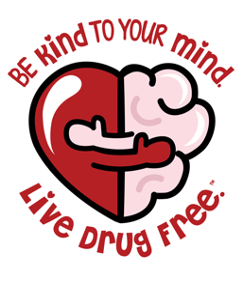
As a veteran advocate and mental health first-aid responder, I wanted to share my personal story on the impact of being drug free. If nothing else, I hope this helps make a positive difference in someone else’s life.
My journey to live drug free started as a result of a situation during my first attempt to college. I battled feeling accepted as a minority in several ways; living in a conservative society in a conservative state. I had childhood trauma. I suffered with anxiety and severe depression during a time when it wasn’t ok to not be ok.
During my upbringing, the legal protections for various groups of people remained unchanged, and the challenge of integration persisted in schools, workplaces, and in everyday life. It was difficult to face this reality so, at a young age, I discovered that when I drank, I felt less “different” from others – or so I believed. In truth, I didn’t fully grasp my distinctiveness and only became aware of it when I was sober.
This unhealthy habit of mine became dangerous. After multiple trips to the hospital for alcohol poisoning, my close circle of friends pulled me aside to tell me how my drinking impacted them. I listened to what they had to say, and after some events that followed, I finally hit my rock bottom. In 1995, I decided I needed to stop drinking and live drug free. The journey wasn’t easy and there were a couple of setbacks, but I eventually recovered. Eight years later, I went back to school on my terms and with a different purpose. As of today, I am over 20 years completely free of alcohol (some call it living ‘straight edge’, but I just say I’m clean and sober).
Four years ago, I had the fortune of marrying my best friend. My partner was a service member and after we married, deployed overseas. As someone who worked as a veteran advocate in education and healthcare since 1999, it was an absolute honor. With numerous loved ones, both by blood and by the bonds of friendship, who have either served or continue to serve in the military, I found a deep-seated motivation to dedicate myself, not just in my professional life but also within my own home. This dedication was my way of paying homage to the service members who mean so much to me. Through daily conversations and unwavering commitment, my spouse and I supported each other, planning for a future beyond the military. While I no longer view myself as in recovery, I remain mindful of the challenges that shaped my journey to sobriety.
My spouse experienced a bombing while on the first deployment. I tried to be supportive from home, but didn’t see the challenges that surrounded his emotional stress. Having studied Forensic Psychology and served as a religious counselor, I naturally assumed my spouse would reach out to me to discuss anything. We had that kind of relationship.
But he never reached out. The entire platoon returned, and my spouse volunteered to serve a second term. I didn’t think it odd at all. I was missing my spouse, but I was supportive of his commitment to his military career. During that time (though I wasn’t aware), his illegal drug use began. We became distant, but my commitment to him did not waver.
Our once daily conversations suddenly became every few days. Then weekly…until finally the calls just stopped. Growing up with family deployed during 9/11 I learned to be patient, so I simply sent him my love and support. One day, curiosity led me to a shocking discovery: a notice of investigation for illegal drug usage—his illegal drug usage.
We didn’t speak about it, though I tried. My spouse refused treatment, which resulted in his ultimate discharge. Though I wanted to stand with my spouse, how could I help someone who didn’t want to help themselves? Once his termination was processed, we separated. We’re interconnected through family, but the relationship was severed. The glimmer of hope for reconciliation vanished when a month later, I received notice of my spouse’s outstanding account balances.
During some time apart, my brother-in-law delivered the heartbreaking news of my spouse’s two near-fatal overdoses (a lethal combination of cocaine and Fentanyl). He was rushed to the hospital, where he received life-saving treatment. However, once out of the hospital, he adamantly refused to seek any external help or even acknowledge the addiction. To this day, he rejects the idea of being labeled as an addict or needing recovery. To protect my own mental well-being, I felt compelled to distance myself.
Two years after the separation, we are officially divorced. I never really talked about it. Apart from my ex, I’ve never spoken of the life-changing impact his drug use had on me to anyone else. The divorce wasn’t because of the drugs, but the drugs led to the circumstances.
I reached back out to those who sat in the emergency room during my stints with alcohol poisoning between ’94 to ‘95. The things I wanted to say they didn’t want to hear. I changed and they saw it. Their only desire was for me to continue to live in a positive way and make differences in my own way.
I share this story to underscore the importance of recognizing signs of addiction and promoting mental health awareness. Living a drug-free life means different things to different people, but remember, your mind is yours until it’s gone. While you’re here in the now, savor each day. There’s always a challenge and there’s always an experience that no one else will understand but you. While you can’t make the decision for anyone else around you, you can make the decision for yourself. You can choose what you will accept in your surroundings.
Being kind to your mind isn’t just about personal use; it extends to being a supportive family member or friend. It means setting an example for the next generation, offering help, being an honest companion, and establishing your own boundaries. Prioritize your mental health, and when you see those around you neglecting theirs, love them enough to speak up. But be ready to set and maintain your own boundaries to protect your well-being. Remember, even when no one is watching, someone sees you, and when people feel unnoticed, your honesty and compassion can make a significant impact. Strangers can become friends, but friends who don’t respect your boundaries don’t belong in your inner circle.
In 2023, be kind to your mind. Be kind to your heart. Be kind to your body. When you feel invisible, know you are seen, and you matter. You cannot know the full impact you have on the lives of others. As Ocean Vuong once wrote, “Cause you never see yourself if you’re the sun. You don’t even know where you are in the sky.”
If you are a veteran, or a family member/friend of a veteran, understand there’s resources out there for you.

For all persons, you can start here: FindTreatment.gov or call 800-662-HELP for assistance.














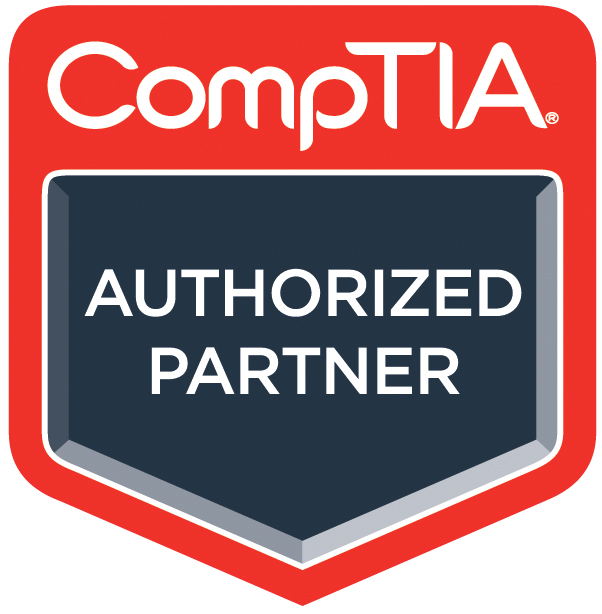








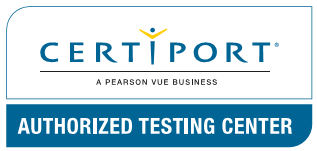



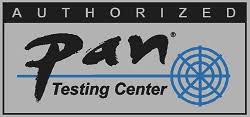


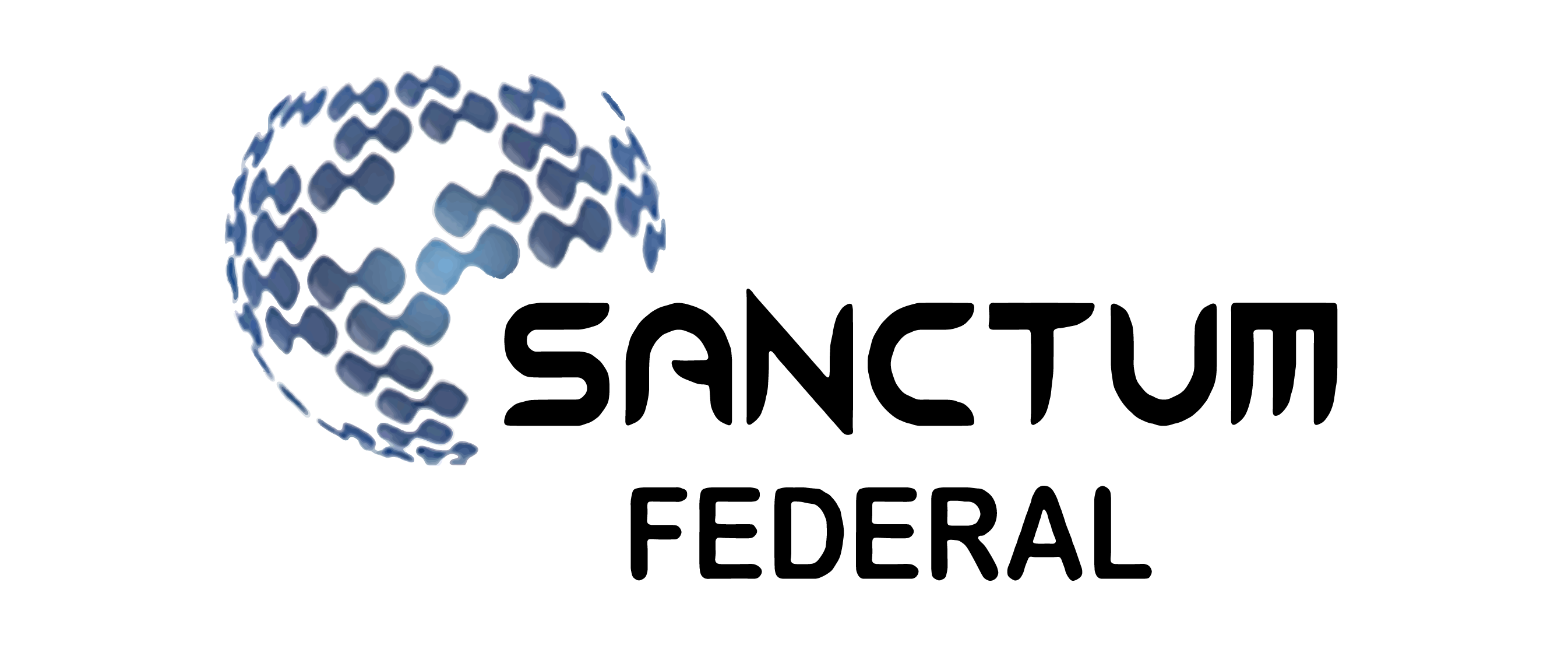

Leave a Reply
You must be logged in to post a comment.